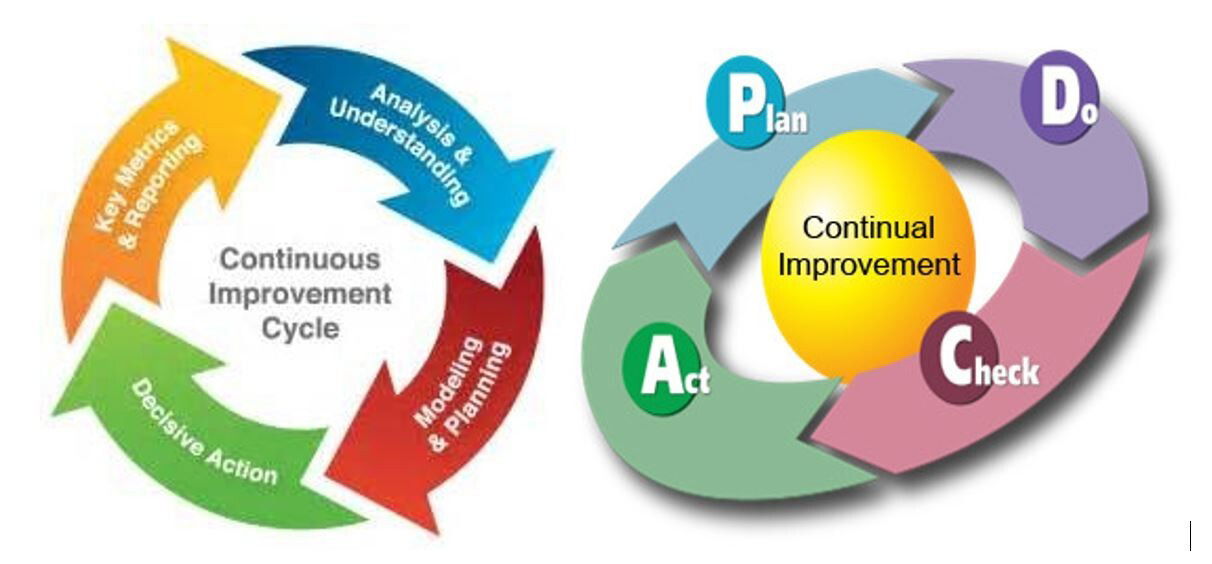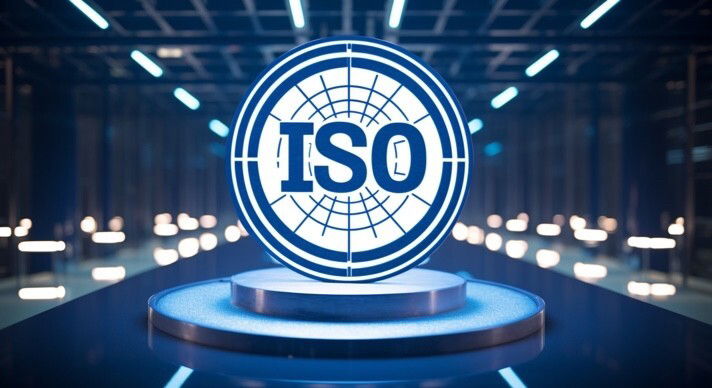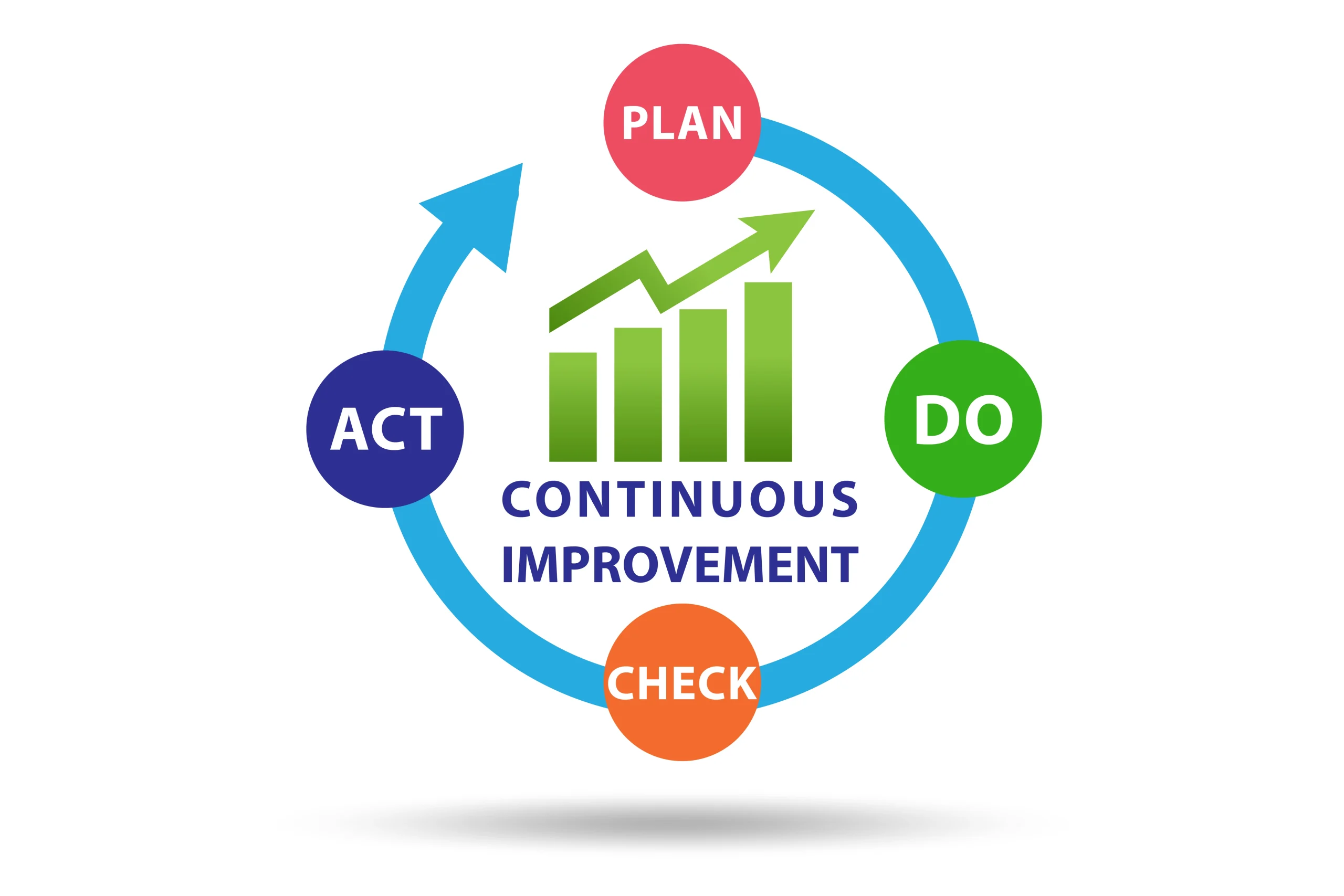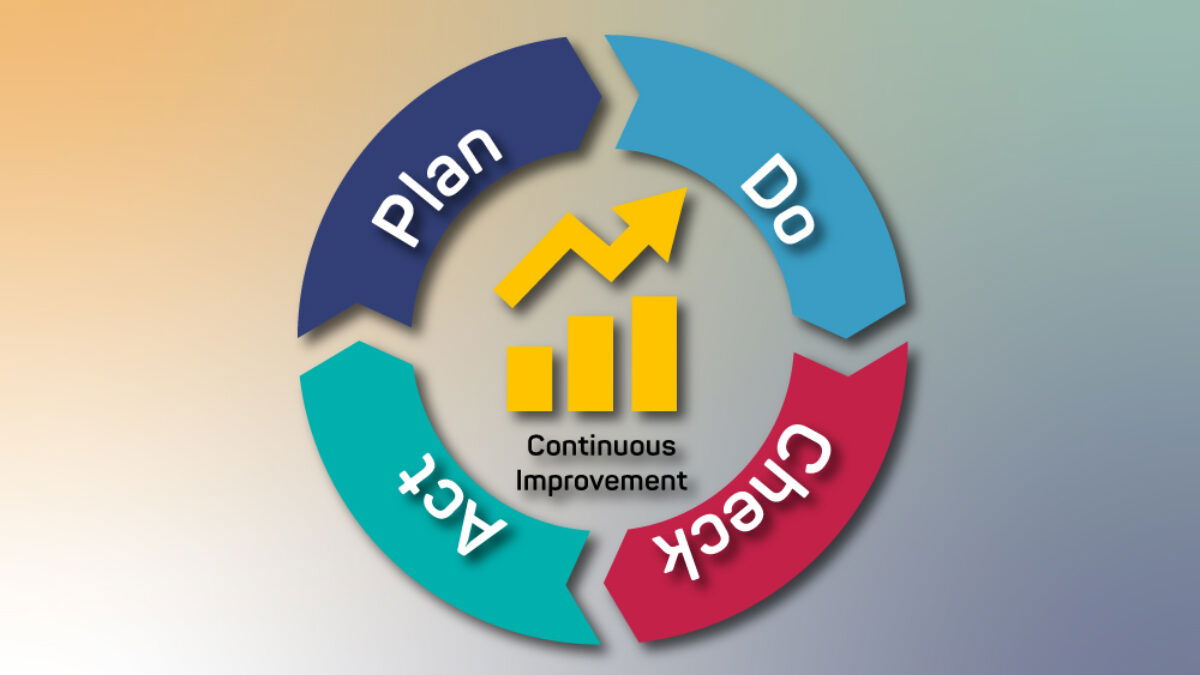विनिर्माण उद्योग में प्रत्येक पेशेवर को इन पाठ्यक्रमों को लेने पर विचार क्यों करना चाहिए
In today's rapidly evolving manufacturing sector, quality, safety, sustainability, and efficiency have become vital. Professionals are required to constantly adapt to meet new standards and expectations by equipping themselves with the right skills and knowledge. The following courses help individuals and organizations excel in these areas by enhancing expertise in various management systems, internal audits, and safety protocols.
1. Integrated Management Systems (IMS) Implementation
Why It’s Essential
This course integrates various management systems such as ISO 9001 (Quality), ISO 14001 (Environmental), and ISO 45001 (Occupational Health and Safety). By consolidating multiple standards into one cohesive framework, IMS eliminates duplication of effort, reduces costs, and increases efficiency. It ensures that manufacturing professionals can manage complex processes seamlessly, promoting continuous improvement while meeting regulatory compliance.
Career Impact
Manufacturing professionals who understand how to implement and manage IMS are highly valued for their ability to optimize organizational processes. This knowledge can lead to leadership roles in process optimization and compliance.
Click here to take the course!
2. FSSC 22000 Implementation & Internal Auditor Course
Why It’s Essential
Food safety is a top priority for manufacturers in the food industry. The FSSC 22000 standard covers food safety management systems and is recognized globally. This course enables professionals to implement and audit food safety systems that meet regulatory and customer requirements, ensuring safe products throughout the supply chain.
Career Impact
A professional with FSSC 22000 expertise stands out as a leader in food safety management, capable of protecting both consumers and the company from safety risks.
Click here to take the course!
3. ISO 22000 Implementation & Internal Auditor Course
Why It’s Essential
ISO 22000 sets out the requirements for a Food Safety Management System (FSMS). This course provides a deep understanding of hazard control, helping professionals implement the right measures across the production process. It also prepares them to conduct internal audits, ensuring compliance and identifying areas for improvement.
Career Impact
Professionals with ISO 22000 certification gain credibility in the global food industry, making them valuable for roles in food safety compliance, operations management, and supply chain management.
Click here to take the course!
4. ISO 22000 (HACCP, PRPs, oPRPs, and CCPs) for Food Safety
Why It’s Essential
Hazard Analysis and Critical Control Points (HACCP) is a globally recognized system for reducing risks in food safety. This course delves into HACCP principles and other key safety measures, ensuring professionals can identify, evaluate, and control hazards effectively in the food manufacturing process.
Career Impact
This certification provides a competitive edge in roles involving food production, safety assurance, and quality control, fostering trust in product safety and quality management.
Click here to take the course!
5. Certified Internal Auditor (CIA) Training Course
Why It’s Essential
Internal auditing is crucial for ensuring that organizational processes comply with standards and regulations. The CIA certification focuses on financial, operational, and compliance auditing. In manufacturing, these skills ensure processes align with both internal and external requirements.
Career Impact
Professionals with CIA training are positioned to advance into auditing, compliance, and management roles, where they can influence organizational strategy by ensuring transparency and efficiency.
Click here to take the course!
6. ISO 9001 (QMS) Implementation & Internal Auditor Course
Why It’s Essential
ISO 9001 is the globally recognized standard for Quality Management Systems. This course empowers professionals to implement and audit QMS, ensuring that products consistently meet customer expectations and regulatory requirements.
Career Impact
ISO 9001 certification opens doors to quality management roles across manufacturing sectors, emphasizing operational excellence and continuous improvement.
Click here to take the course!
7. ISO 14001 (EMS) Implementation & Internal Auditor Course
Why It’s Essential
Environmental sustainability is a growing focus for the manufacturing industry. The ISO 14001 standard helps organizations minimize their environmental footprint. This course equips professionals with the skills to implement and audit environmental management systems that foster sustainability.
Career Impact
Professionals certified in ISO 14001 are well-positioned for roles in environmental compliance, sustainability management, and corporate social responsibility.
Click here to start the course!
8. ISO 45001 (OH&SMS) Implementation & Internal Auditor Course
Why It’s Essential
Safety in the workplace is critical, particularly in manufacturing, where employees face various hazards. ISO 45001 focuses on managing occupational health and safety risks, preventing work-related injuries, and ensuring a safe working environment. This course covers implementation and internal auditing, providing essential skills for maintaining a safe workplace.
Career Impact
Certified professionals can pursue roles in safety management, human resources, and risk mitigation, contributing to healthier and safer work environments.
Click here to start the course!
9. Food Fraud Mitigation & Defense Certification Course
Why It’s Essential
Food fraud is a significant issue in the global supply chain. This course teaches professionals how to identify and mitigate risks related to fraudulent activities such as mislabeling, adulteration, and counterfeiting. It is crucial for ensuring product integrity and consumer trust.
Career Impact
Professionals with expertise in food fraud mitigation are in demand for roles involving compliance, risk management, and supply chain oversight in the food industry.
Click here to start the course!
10. ISO 50001 Energy Management Systems (EnMS) Lead Auditor Course
Why It’s Essential
Energy efficiency is not only a cost-saving measure but also a driver for sustainability. ISO 50001 provides a framework for energy management. This course prepares professionals to lead audits, ensuring that energy use is optimized across operations.
Career Impact
Certified lead auditors for ISO 50001 can step into roles related to sustainability, energy management, and corporate social responsibility, leading efforts to reduce energy consumption and improve efficiency.
Click here to take the course!
11. ISO 22000 Food Safety Management Systems (FSMS) Lead Auditor Course
Why It’s Essential
This advanced course equips professionals to audit FSMS at a lead level, ensuring that food safety processes are fully compliant with ISO 22000 requirements. The course emphasizes audit planning, risk management, and communication with stakeholders.
Career Impact
Lead auditors in ISO 22000 are valuable assets in food manufacturing and supply chain roles, ensuring food safety and compliance with international standards.
Click here to start course!
12. ISO 14001 Environmental Management Systems (EMS) Lead Auditor Certification Course
Why It’s Essential
Lead auditors in environmental management systems play a crucial role in helping organizations minimize their environmental impacts. This course enhances skills in conducting audits, improving environmental performance, and ensuring compliance with global environmental standards.
Career Impact
Professionals certified as ISO 14001 lead auditors can pursue roles in environmental auditing, sustainability strategy, and corporate governance, directly impacting organizational sustainability goals.
Click here to start the course!
13. ISO 45001 Occupational Health & Safety Management Systems (OH&MS) Lead Auditor Certification Course
Why It’s Essential
Occupational health and safety are paramount in manufacturing. Lead auditors for ISO 45001 are responsible for ensuring that organizations meet safety standards, mitigating risks, and protecting employees. This course enhances leadership capabilities in safety auditing.
Career Impact
Lead auditors in occupational health and safety are in demand for roles that ensure compliance with safety regulations and promote safer working environments.
Click here to get started!
14. ISO 9001 Quality Management Systems (QMS) Lead Auditor Course
Why It’s Essential
Quality is a top priority in manufacturing. Lead auditors for ISO 9001 ensure that quality management systems are effectively implemented and consistently improved. This course develops skills in leading audits and guiding organizations toward higher quality standards.
Career Impact
Professionals certified as ISO 9001 lead auditors are highly sought after for senior quality management roles across industries.
Click here to get started!
15. FSSC 22000 Lead Auditor Certification Course
Why It’s Essential
The FSSC 22000 standard for food safety is essential for manufacturers in the food and beverage industry. This course equips professionals to lead audits, ensuring food safety systems meet global requirements. It enhances skills in communication, risk assessment, and audit leadership.
Career Impact
As a certified lead auditor for FSSC 22000, professionals can take on roles in food safety auditing, compliance, and supply chain management.
Click here to get started!
Conclusion
Taking these courses can transform a manufacturing professional's career by broadening their skills, enhancing their qualifications, and opening doors to leadership roles in quality, safety, environmental management, and energy efficiency. These certifications are not only relevant but necessary for professionals looking to stay competitive in the modern manufacturing landscape, where compliance, sustainability, and efficiency are key drivers of success.
Top 50 Courses to Enhance your Skills Today!
1. ISO MANAGEMENT SYSTEMS IMPLEMENTATION & INTERNAL AUDITOR COURSES
- Integrated Management Systems (IMS) Implementation Course
- FSSC 22000 Implementation & Internal Auditor Course
- ISO 22000 Implementation & Internal Auditor Course
- ISO 22000 (HACCP, PRPs, oPRPs and CCPs) for Food Safety
- Certified Internal Auditor (CIA) Training Course
- ISO 9001 (QMS) Implementation & Internal Auditor Course
- ISO 14001 (EMS) Implementation & Internal Auditor Course
- ISO 45001 (OH&SMS) Implementation & Internal Auditor Course
- Food Fraud Mitigation & Defense Certification Course
2. ISO LEAD AUDITOR COURSES
- ISO 50001 Energy Management Systems (EnMS) Lead Auditor Course
- ISO 22000 Food Safety Management Systems (FSMS) Lead Auditor Course
- ISO 14001 Environmental Management Systems (EMS) Lead Auditor Certification Course
- ISO 45001 Occupational Health & Safety Management Systems (OH&MS) Lead Auditor Certification Course
- ISO 9001 Quality Management Systems (QMS) Lead Auditor Course
3. MANUFACTURING, QUALITY, PRODUCT DEVELOPMENT, OPERATIONS & SUPPLY CHAIN MANAGEMENT
- Good Manufacturing Practices (GMP)
- ISO/IEC 17025 – Laboratory Management Systems Certification
- Essentials of Engineering Project Management
- Construction Project Management
- Essentials of Contract Management
- Environmental Impact Assessment (EIA)
- Laboratory Management Systems (LMS) Essentials
- Certified Manager of Quality & Process Excellence
- Essentials of Facility Management
- Agile Project Management
- Engineering Codes, Standards and Specifications
- Industrial Process Safety
- Fundamentals of Risk Management
- Industry 4.0: Digital Transformation in Manufacturing
- Manufacturing Operations Management Certification Course
- Total Quality Management (TQM) Certification Course
- Supply Chain Management (SCM) MasterClass
- Certified Lean Management Professional™ (CLMP™)
- Six Sigma for Business and Manufacturing Process Improvement
- Product Management Certification Course
- Statistical Process Control (SPC) and Data Analysis Course
- Quality Assurance for Business and Operational Excellence
- Lean Six Sigma Yellow Belt Certification Course
- Essentials of Facility Management
- Agile Project Management
- Engineering Codes, Standards and Specifications




